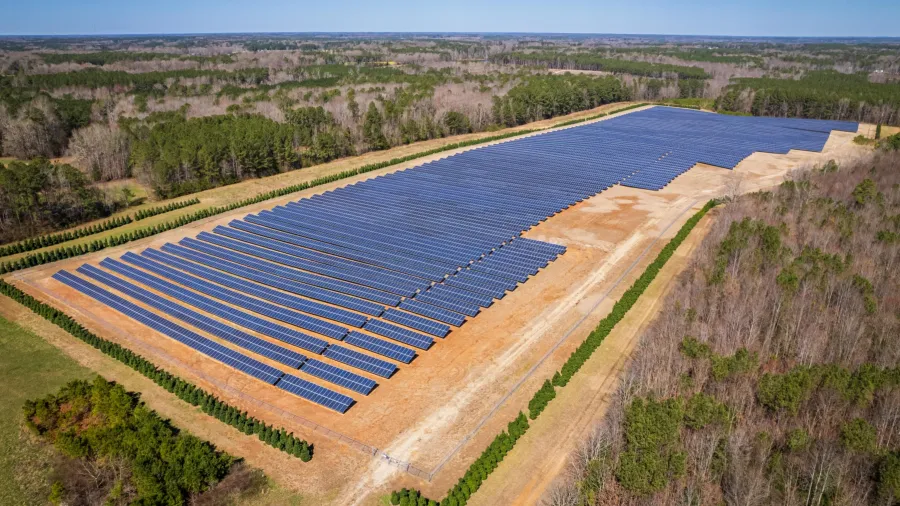
Victoria to build first state-owned solar and battery project
It tapped OX2 for the project.
The government of Victoria has announced that the State Electricity Commission (SEC) is investing $370m to build the solar farm plus battery project SEC Renewable Energy Park in Horsham.
In a statement, the government said this will be the first fully government-owned energy generator in Victoria. The facility is projected to generate around 242,000 megawatt hours of renewable energy a year that can power 51,000 homes which is five times the number of households in Horsham.
SEC is teaming up with OX2 to build the park, which will consist of a 119-megawatt (MW) solar farm and 100-MW two-hour battery.
The SEC Renewable Energy Park will come online in 2027 and will provide 100% renewable electricity to Victorian Government schools, hospitals, and offices.
This is the second investment by SEC following the 600 MW Melbourne Renewable Energy Hub, which is halfway complete. This is set to be grid-connected in 2025, providing energy to power 200,000 homes during peak times.
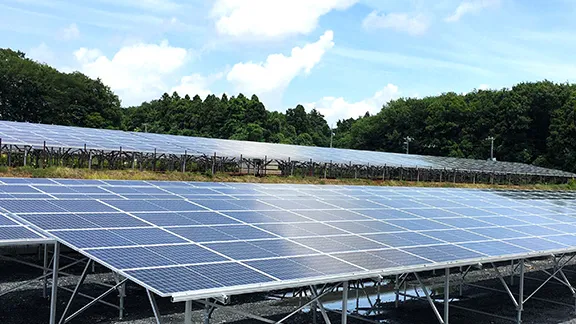
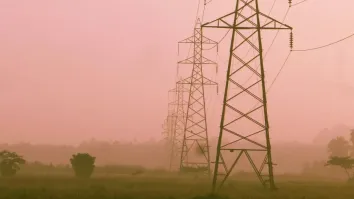
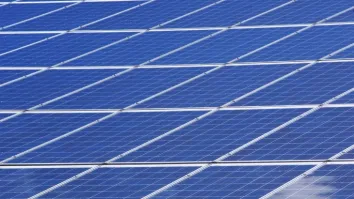
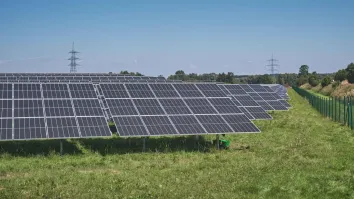
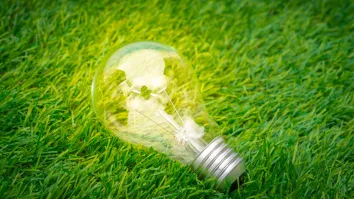













 Advertise
Advertise






